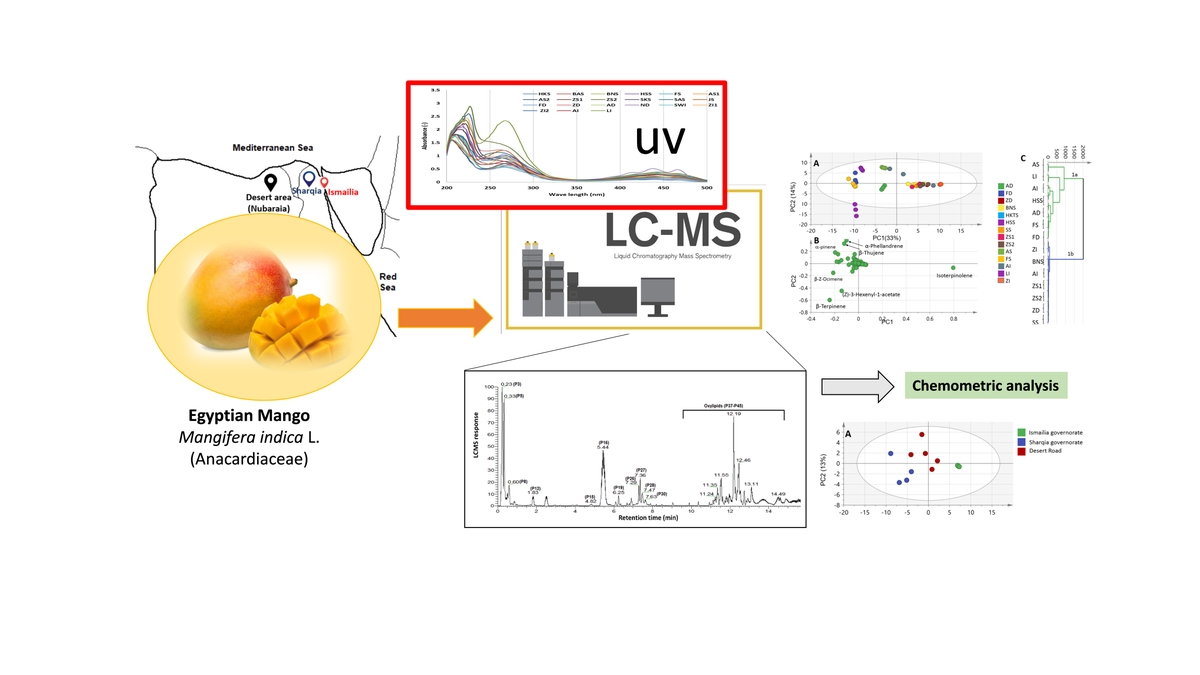
Recent research has delved into the intricate world of mango kernels, uncovering the diverse metabolome contained within these seeds. The study, conducted across several regions in Egypt, analyzed 17 different cultivar varieties of mango kernels, shedding light on the variations in their metabolite profiles. This significant research contributes to our understanding of the potential applications of mango kernels and offers insightful data for their future valorization.
Unearthing the Metabolic Diversity of Mango Kernels
The study employed Gas Chromatography-Mass Spectrometry (GC-MS) to quantify the metabolites present in the kernels, including sugars, fatty acids, amino acids, sugar alcohols, and phenolics. Among these, sugars and sugar alcohols emerged as the most abundant classes in the kernels. However, the quantities of these metabolites varied across different cultivars and regions, proving the existence of a vast heterogeneity in the metabolome of mango kernels.
A Deep Dive into Data Analysis
To assess the variability and classify the specimens, the study harnessed the power of multivariate data analysis (MVA) techniques, such as Principal Component Analysis (PCA), Hierarchical Cluster Analysis (HCA), and Orthogonal Partial Least Square (OPLS) analysis. These advanced analytical techniques revealed that the metabolite profiles of the kernels were influenced by both the type of cultivar and its geographical origin, providing valuable insights into the metabolite composition of mango kernels.
Unlocking Economic Potential
As detailed in a Nature article, these findings open up new possibilities for the economic valorization of mango kernels. The GC-MS metabolites profiling of different mango kernel cultivars could pave the way for their potential utilization in various industries. Furthermore, the use of MVA for the classification of mango cultivars and spectroscopic techniques for the characterization of the metabolome could significantly contribute to the aroma profiling and identification of bioactive compounds in mango fruits.
Addressing Challenges of Climate Change
Another noteworthy point discussed in a ScienceDirect article is the potential of chitosan-based nanoconjugates in revolutionizing agricultural practices to combat the challenges posed by climate change on crop production and food security. Chitosan plays a crucial role in enhancing physiological responses in plants and mitigating the negative impacts of abiotic stresses. Its application can help prime agricultural and horticultural crops to enhance their tolerance to abiotic stress and promote sustainable yield improvement.
In conclusion, the metabolome heterogeneity analysis of mango kernels from different cultivars provides valuable insights into the metabolic diversity and potential applications of mango kernels. As research continues to explore this fascinating realm, we can look forward to innovative uses of mango kernels, potentially contributing to economic development and sustainable agricultural practices.
